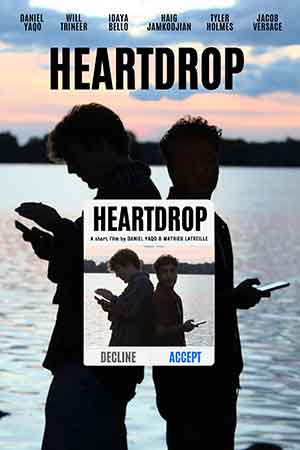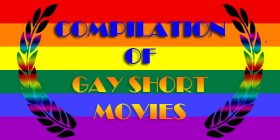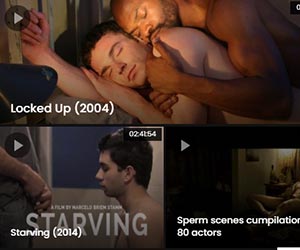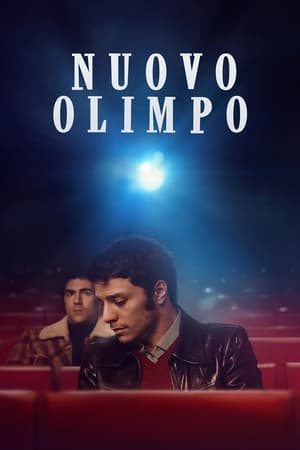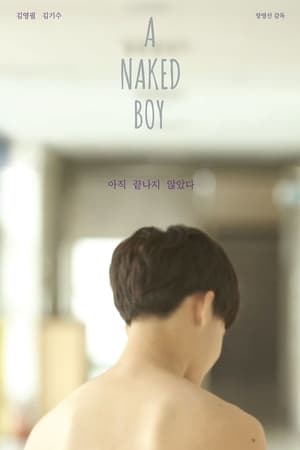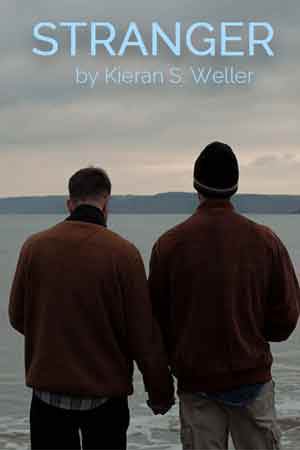“There’s always room for one more friend… however long is left of it.”
Willem isn’t just a short film – it’s a punch straight to the chest. In a 35-minute emotional furnace set in a Nazi prison cell in 1943, we meet Willem Arondeus – a Dutch resistance fighter, an artist, a writer, a lover, and yes – unapologetically gay. And for that, he’s about to die.
Across from him sits Alexander – a young Nazi officer, quiet, stiff, and visibly conflicted. He’s not a monster. Not yet. Over the course of three days, something shifts. Not dramatically. But tenderly, like a crack in a wall where a ray of sunshine dares to sneak through.
What unfolds is not a romance. It’s not a thriller. It’s a human encounter that will quietly wreck you if you’re paying attention.
Minimalism done right
The film is deliberately claustrophobic. One cell. Two men. No flashbacks, no distractions. The dialogue – written by director David Hastings – is sharp, poetic at times, yet grounded in raw human emotion. Some lines feel lifted straight from a play. And honestly? They work. Big time.
Willem steals the show
Chris Johnson as Willem is the heart and soul of this piece. He paints (literally and figuratively) a portrait of a man who has lost everything but refuses to let go of dignity, humor, or hope. His monologues – about his love for Jan, about painting sunshine when it wasn’t there – are heartbreaking and inspiring in the same breath.
And then there’s Thomas Loone as Alexander, the conflicted officer. Watching him crack, flinch, soften – it’s slow-burn magic. The film never forces a redemption arc. It simply gives us a man struggling between uniform and conscience.
Yes, it’s a queer film – but it’s also resistance cinema
Willem isn’t just a “gay martyr” story. It’s a powerful reminder that queer people weren’t just victims during WWII – they resisted. They fought. They loved deeply and lost profoundly. And they mattered.
This story is inspired by the real Willem Arondeus – a Dutch artist and resistance member executed in 1943, who famously said before his death:
“Let it be known that homosexuals are not cowards.”
That line’s not in the film, but its spirit is everywhere.
It’s a quiet triumph.
This isn’t a comfortable film. But it’s a necessary one. In a world still struggling with hatred in many forms, Willem whispers (and sometimes screams) the value of empathy, memory, and courage.
It’s a quiet triumph.
David Hastings directed the film You Are My Sunshine


